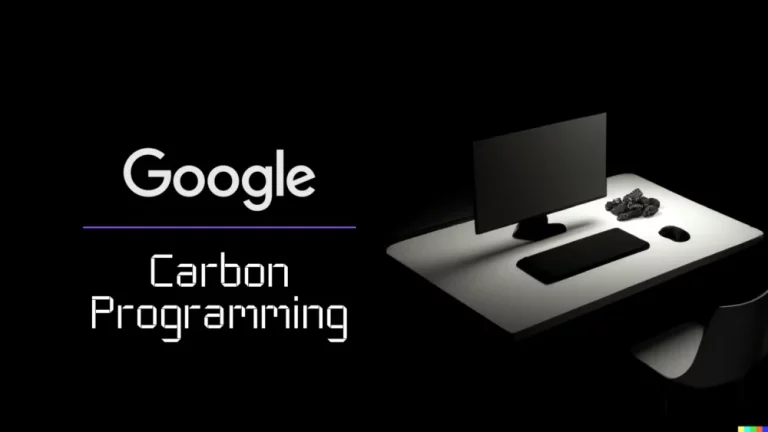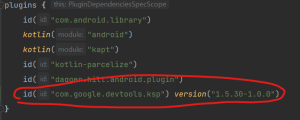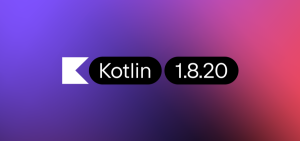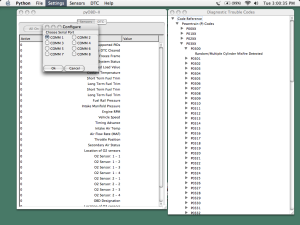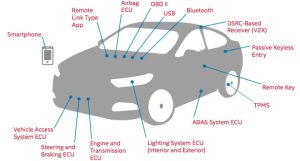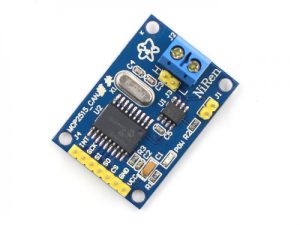Carbon programming language is a relatively new and exciting language that has been gaining traction in the tech community. It was designed with the goal of making programming more accessible and intuitive for beginners, while also providing the advanced features and performance that experienced programmers need. In this blog post, we will explore the features and benefits of Carbon programming language, and how it differs from other programming languages.
What is Carbon Programming Language?
Carbon is a statically typed programming language that was developed by the Carbon Language Foundation. It was designed to be easy to read and write, with a syntax that is similar to popular programming languages like Python and Ruby. Carbon also includes modern programming language features such as type inference, garbage collection, and first-class functions.
Carbon’s Syntax
Carbon has a very clean and concise syntax. It uses indentation to define blocks of code, similar to Python. Here’s an example of a simple Carbon program that prints “Hello, world!” to the console:
javascriptCopy code<code>fn main() { println("Hello, world!"); </code>As you can see, the syntax is straightforward and easy to read. The fn keyword is used to define a function, and the println function is used to print a message to the console.
Type Inference
Carbon has type inference, which means that the type of a variable is automatically determined by the compiler. This eliminates the need for the programmer to explicitly declare the type of a variable, which can make the code more concise and easier to read.
Here’s an example of type inference in action:
typescriptCopy code<code>let message = "Hello, world!"; // The type of `message` is inferred to be `string` letnumber = 42; // The type of `number` is inferred to be `int`</code>Garbage Collection
Carbon includes garbage collection, which means that the programmer does not need to manually manage memory allocation and deallocation. The garbage collector automatically frees up memory that is no longer being used, which can prevent memory leaks and other issues.
First-Class Functions
Carbon treats functions as first-class citizens, which means that they can be assigned to variables, passed as arguments to other functions, and returned from functions. This allows for more flexible and modular programming.
Here’s an example of using a function as a parameter:
phpCopy code<code>fn add(x: int, y: int) -> int { return x + y; } fn apply_operation(operation: fn(int, int) -> int, x: int, y: int) -> int { return operation(x, y); } let result = apply_operation(add, 3, 4); println(result); // Output: 7</code>In this example, the add function is passed as a parameter to the apply_operation function, which then calls the add function with the arguments 3 and 4.
Benefits of Carbon Programming Language
There are several benefits to using Carbon programming language, including:
- Easy to Learn: Carbon’s syntax is designed to be easy to read and write, which makes it a great language for beginners. The language also includes built-in documentation, which can help new programmers get up to speed quickly.
- Concise Code: Carbon’s type inference and other modern language features can make the code more concise and easier to read.
- Garbage Collection: Carbon’s garbage collector automatically frees up memory that is no longer being used, which can prevent memory leaks and other issues.
- First-Class Functions: Carbon’s first-class functions allow for more flexible and modular programming.
- High Performance: Despite its ease of use, Carbon is a high-performance language that can be used for a wide range of applications.
Conclusion
Carbon programming language is an exciting new language that offers a range of benefits for both beginners and experienced

